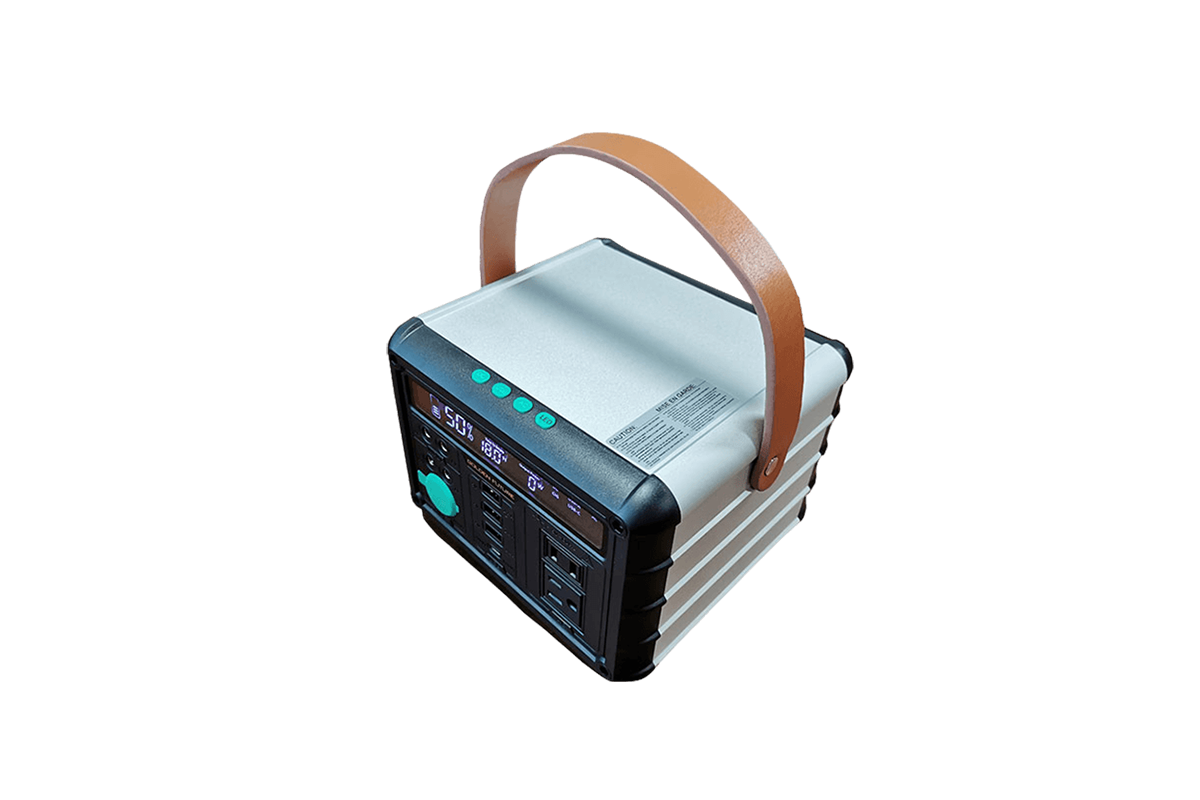

Time:2025-01-08 Views:1

Lead-acid battery energy storage power stations have both advantages and disadvantages.
Advantages:
1. Mature technology: Lead-acid batteries have been in use for a long time and their technology is relatively mature. This means that they are reliable and have a well-established manufacturing and maintenance infrastructure.
2. Cost-effective: Compared to some other types of energy storage technologies, lead-acid batteries are relatively inexpensive. This makes them an attractive option for applications where cost is a major consideration.
3. High discharge rate: Lead-acid batteries can deliver high currents for short periods of time, making them suitable for applications such as backup power systems and starting engines.
4. Recyclable: Lead-acid batteries are highly recyclable, which helps to reduce waste and environmental impact.
Disadvantages:
1. Low energy density: Lead-acid batteries have a relatively low energy density compared to other types of batteries, such as lithium-ion batteries. This means that they require a larger physical size and weight to store the same amount of energy.
2. Short lifespan: Lead-acid batteries have a relatively short lifespan compared to some other types of batteries. They typically need to be replaced after a few years of use.
3. Maintenance requirements: Lead-acid batteries require regular maintenance, such as checking the electrolyte level and charging status. This can be time-consuming and costly.
4. Environmental concerns: Lead is a toxic metal, and lead-acid batteries can pose environmental risks if not disposed of properly.
lead-acid battery energy storage power stations have their advantages and disadvantages. While they are cost-effective and reliable, their low energy density and short lifespan may limit their use in some applications. Additionally, proper disposal and maintenance are important to minimize environmental impacts.
Read recommendations:
solar battery storage systems suppliers